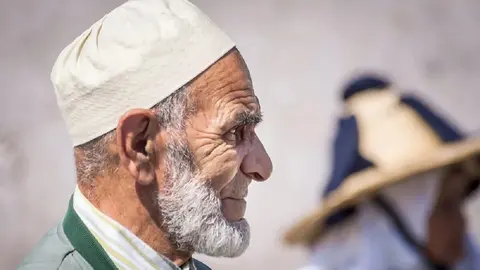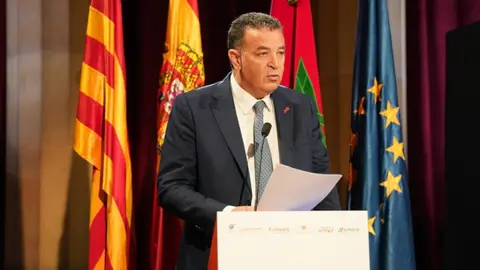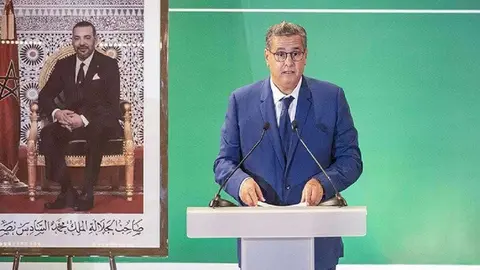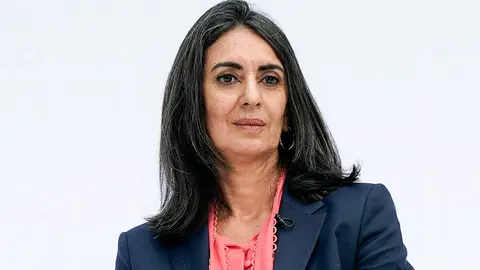Morocco fights the black economy
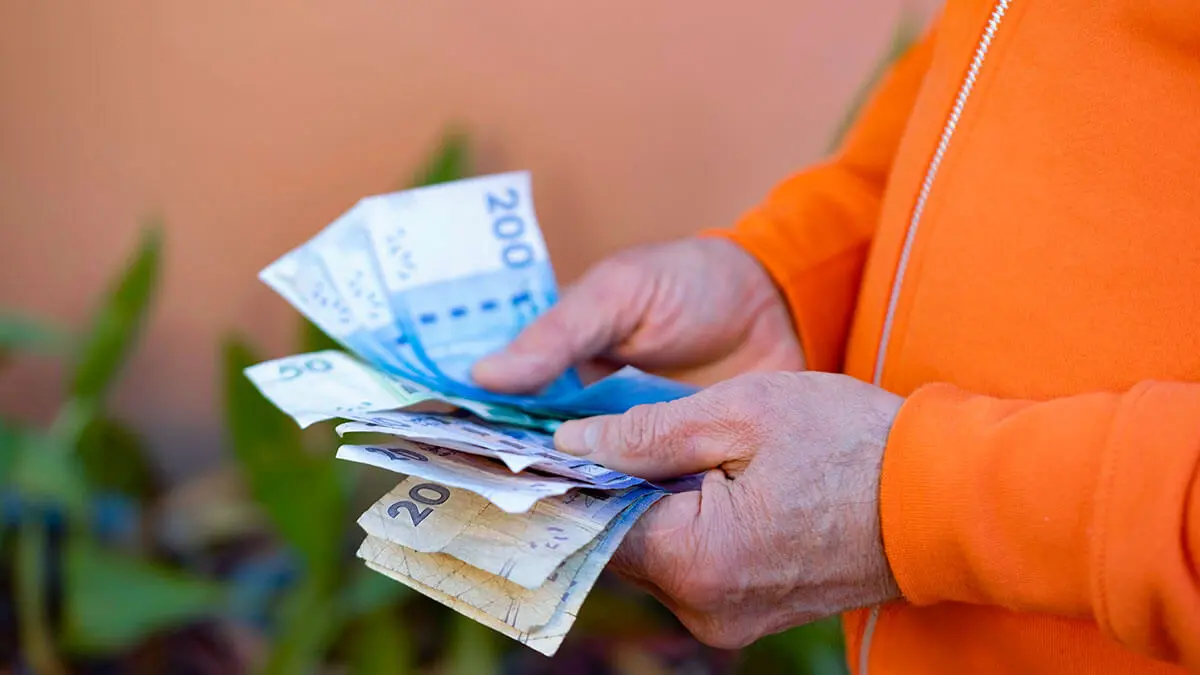
- The voluntary tax agreement
- The underground economy and social development
- New optional reverse charge system
- Expectations of the tax reform
The underground economy is one of the most important challenges facing Morocco, as it is estimated to account for around 30% of the Gross Domestic Product (GDP) and amounts, according to official figures, to more than 145 billion dollars.
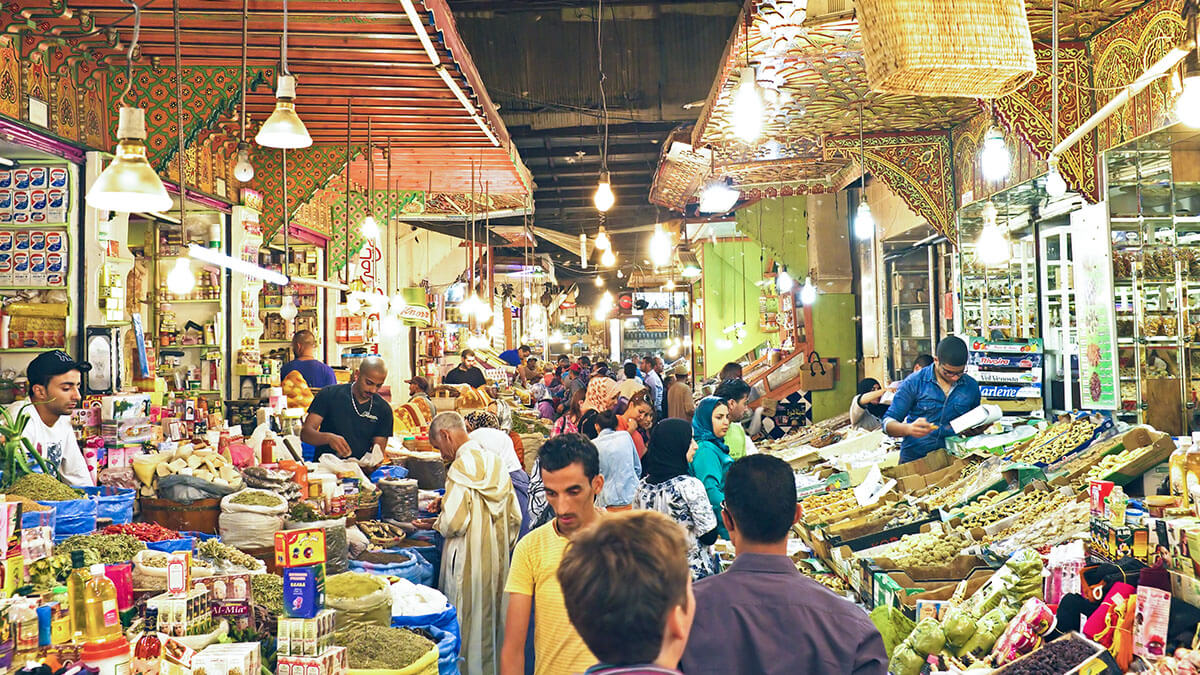
Furthermore, according to the High Planning Commission, 67.7% of the total workforce works in the underground economy, with a large concentration in agriculture.
To address this economic phenomenon, the Moroccan authorities intend to take further measures to improve the tax system in the coming period. This is because it is an important entry point for absorbing the parallel economy.
For this reason, the minister in charge of the budget, Fouzi Lekjaa, confirmed to the advisors of the second chamber of Parliament that the government is interested in continuing the tax reform and combating the parallel economy during the rest of its term of office.
A week ago, the minister considered that leaving the informal sector aside does not mean addressing it through a logic of punishment, but rather through a methodology of accompaniment until it is transformed into a structured sector that produces additional added value beneficial to the economy.
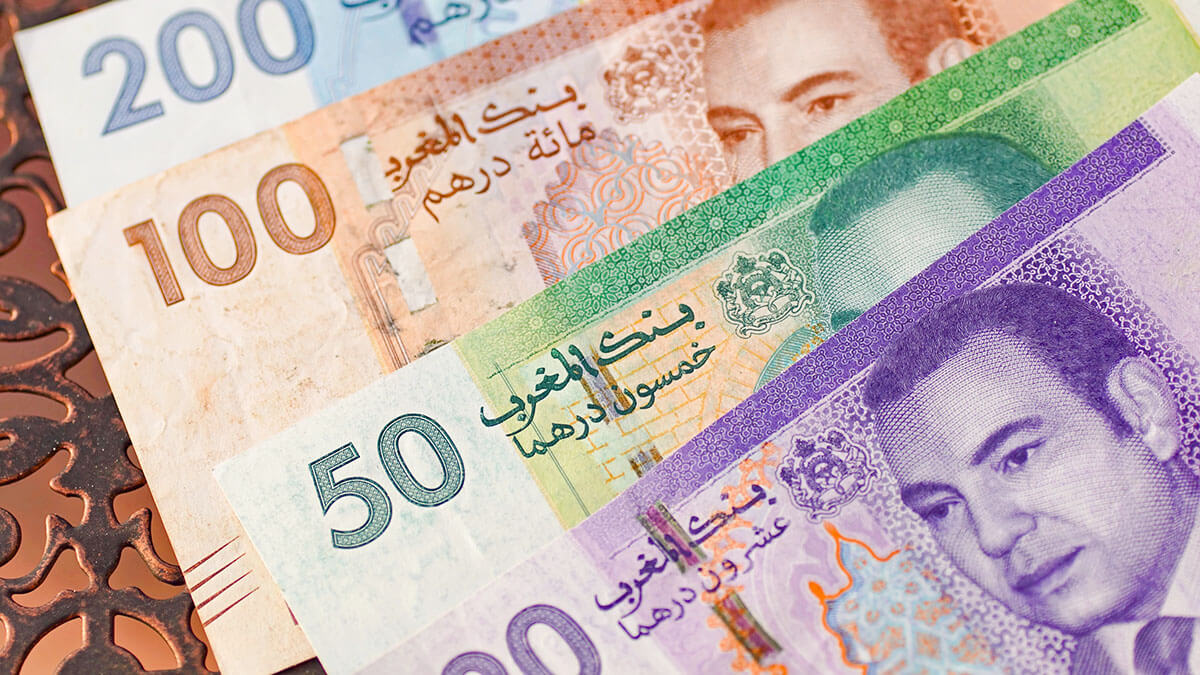
The voluntary tax agreement
Likewise, Lekjaa stated that the voluntary implementation of the tax reform has allowed for a continuous and significant development of tax revenues. These increased from 19.9 billion dollars to 30 billion by the end of 2024.
Regarding the voluntary settlement in the 2024 budget, Lekjaa explained that, regardless of the figures reaching $12.5 billion with net state revenues of 600 million dollars, it is clear that the owners of the money trust those who manage their administrative and fiscal affairs.
This measure, launched by the government in 2024, was a notable success and generated revenues valued at 12.2 billion dollars, equivalent to 9% of GDP.
In addition, this process has contributed to the integration of a third of the informal economy, estimated at 31.9 billion.
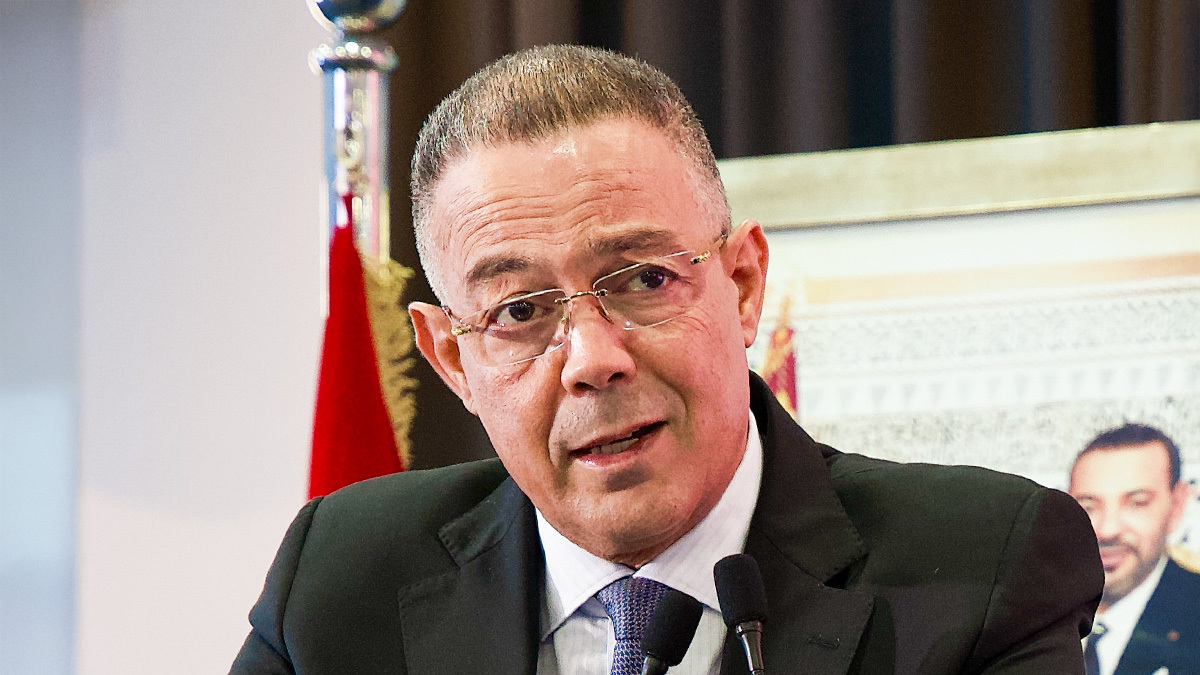
In this regard, the Moroccan government sees it as an opportunity to integrate various activities into the organised economy in line with previous experiences, in a way that serves the interest of maintaining both financial equilibrium and development.
The Minister of the Economy, Nadia Fettah, also stated that the Government's philosophy on this issue is that integrating this sector is important and has great advantages: benefiting from support for companies, investment, exemption from value added tax and social benefits.
The underground economy and social development
The minister also considers that the parallel economy does not contribute to social development and deprives the state of income, although it represents unknown percentages that are reported to be around 11% and 30%. It also plays an important role in the supply of a range of basic services and products.
In this sense, she emphasised that the project to generalise social protection has a direct relationship with the parallel economy through affiliation to the Social Security funds, due to the registration in the system of self-employed entrepreneurs, the strategic roadmap to improve the business climate, the ‘I am an entrepreneur’ programme and sectoral plans, especially in traditional industry and agriculture.

Thus, government data shows that many hospitality workers do not benefit from Social Security or government programmes, although unions in the sector talk about one million job opportunities, but official records show that the figure does not exceed 130,000.
For this reason, the Treasury Department is combating false invoices and other practices, and the Government is supporting small businesses through a series of measures.
New optional reverse charge system
This new system allows people who carry out an official activity to calculate the amount of Value Added Tax (VAT) applied to their purchases from suppliers located outside the scope of application of this tax.
Likewise, it includes those persons who are exempt from it, without the right to deduction, allowing them to deduct the amount of this tax at the same time.
The Economic, Social and Environmental Council concluded that the activities that fall within its scope deepen the fragility of the labour market and waste significant tax revenues for the State, which causes great damage to the economy.

Expectations of the tax reform
Idriss Al-Fina, professor at the National Institute of Statistics and Applied Economics, considered that the tax reform adopted is expected to have significant effects on the economy, above all, in stimulating aggregate demand and strengthening the public finances of the State.
On the other hand, the Government believes that the integration of the black market into the economy would be achieved by extending the scope of VAT to include digital commerce, through the regional regulations of this same tax.
The objective is to establish the principle of taxing the tax according to where the consumer of digital services resides.
In this way, it seems essential to oblige non-resident remote service providers to reveal their identity to the tax administration through an electronic platform, as well as to declare business carried out in Morocco and integrate the appropriate tax rate.
It should be noted that the Central Bank of Morocco has presented several solutions to address the phenomenon of the parallel economy, such as reforming the tax system and turning it into a tool for integrating it into the formal economy. The latter would be achieved by reducing tax rates and increasing the tax burden in relation to the size of the company.

